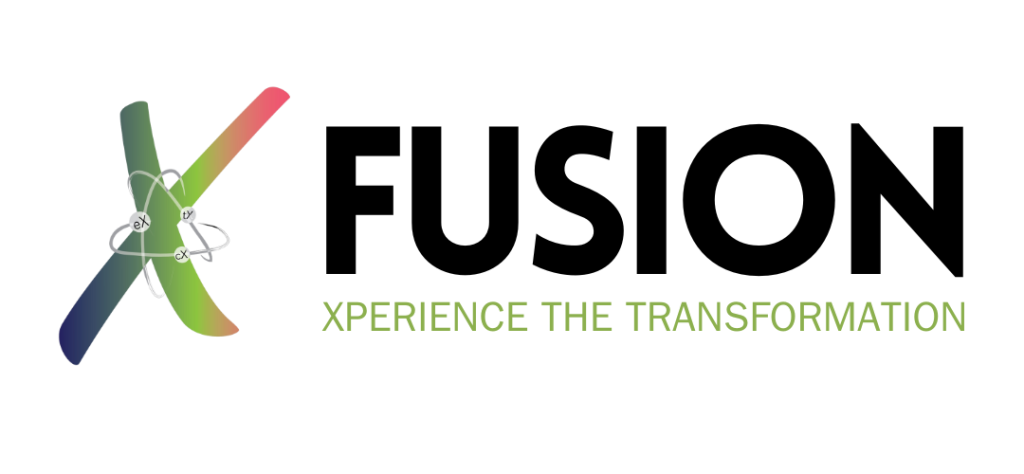A Year-Round Key to Success in Life and Work
Gratitude is often associated with Thanksgiving—a time to reflect on what we are thankful for and express our appreciation to those around us. While this practice is meaningful, limiting gratitude to a single holiday season underestimates its profound, science-backed benefits. Research suggests that cultivating gratitude year-round is not only beneficial for emotional well-being but also a powerful tool for enhancing professional and personal performance.
Gratitude as a Performance Multiplier
In the workplace, gratitude fosters stronger relationships, enhances productivity, and boosts overall satisfaction. A study from the University of California, Berkeley, found that employees who feel appreciated are more engaged, motivated, and loyal to their organizations. Expressions of gratitude, such as a simple thank-you note or public recognition, have been shown to improve team dynamics and foster a culture of collaboration personal level, gratitude enhances goal achievement. People who regularly practice gratitude tend to set higher goals and are more resilient in pursuing them. This may be because gratitude shifts focus from what is lacking to what is working, which can inspire greater confidence and creativity .
The Science of Gratitude
Gratitude doesn’t just make you feel good—it literally changes your brain. Studies using functional MRI scans show that expressing gratitude activates regions of the brain associated with reward, moral cognition, and positive emotion, such as the ventromedial prefrontal cortex . Over time, gratitude can even lead to structural changes in the brain that enhance emotional regulation and empathy.
This neurological impact is key to managing stress. Regular expressions of gratitude can lower cortisol levels, the body’s primary stress hormone, which can result in better decision-making under pressure—a critical skill in both professional and personal settings .
How Gratitude Enhances Relationships
Gratitude strengthens personal connections by encouraging reciprocity and deepening emotional bonds. A study published in Emotion found that individuals who express gratitude toward their partners experience higher relationship satisfaction and commitment . In friendships and familial relationships, gratitude creates a foundation of mutual respect and appreciation, which is essential for long-term harmony.
By focusing on what we appreciate in others, gratitude also reduces interpersonal conflict. It helps us see situations from a more empathetic perspective, reducing the likelihood of miscommunication or resentment.
Practical Strategies to Cultivate Gratitude
- Daily Journaling: Writing down three things you’re grateful for each day can increase long-term happiness by up to 10%, according to research from the University of California, Davis .
- Gratitude Letters: Take time to write letters of appreciation to colleagues, friends, or mentors. Studies show that even if the letter isn’t delivered, the act of writing it has significant psychological benefits .
- Mindful Reflection: Dedicate a few minutes every day to reflect on moments of gratitude, which can help shift your mindset from problems to solutions.
- Express It Verbally: Simple, heartfelt “thank yous” go a long way in making people feel valued.
A Year-Round Practice for Growth
Gratitude isn’t just a fleeting feeling—it’s a practice that builds resilience, fosters connections, and drives success. By making gratitude a habit, you create a foundation for sustained emotional health and improved performance. In a world often focused on what’s next or what’s missing, gratitude serves as a grounding force, reminding us of the abundance already present in our lives.
As we move beyond the holiday season, let’s commit to practicing gratitude every day. In doing so, we unlock its full potential—not just for joy, but for excellence in all areas of life.
References
- Kohn, A., & Miltenberger, M. “Workplace Gratitude and Employee Performance,” Journal of Positive Psychology, 2021.
- Emmons, R. A., & McCullough, M. E. (2003). “Counting Blessings Versus Burdens: An Experimental Investigation of Gratitude and Subjective Well-being in Daily Life,” Journal of Personality and Social Psychology.
- Kini, P., Wong, J., et al. “The Neuroscience of Gratitude,” NeuroImage, 2016.
- McCraty, R., & Childre, D. “The Appreciative Heart: The Psychophysiology of Positive Emotions and Optimal Functioning,” HeartMath Research Center, 2003.
- Algoe, S. B., et al. “The Role of Gratitude in Relationships,” Emotion, 2010.
- Lyubomirsky, S., et al. “Gratitude Practices and Happiness,” UC Davis Research, 2012.
- Seligman, M. E. P. “Positive Psychology Interventions,” American Psychologist, 2005.





